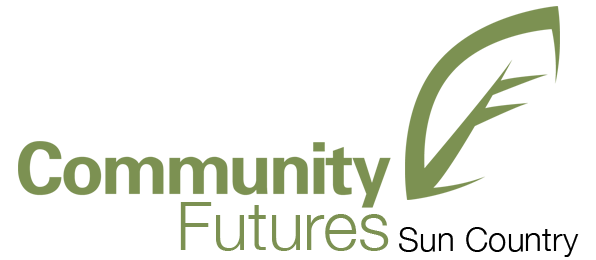
Exploring the helping and hindering factors in employment acquisition and job maintenance for underrepresented groups in rural communities.
Employers across Canada report serious challenges with hiring and maintaining workers. This is especially true in rural communities. Yet the unemployment rates for underrepresented groups —such as Indigenous Peoples and persons with disabling conditions — remain high. To investigate the factors helping and hindering the employment success of such groups, Free Rein Associates partnered with Life Strategies Ltd. for an exciting research project: Diversity Disconnect.
We conducted this research in the five rural communities of Agassiz, Hope, Ashcroft, Merritt, and Princeton. We spoke with job seekers, employees, employers, and community service providers.
Research Results
The research identified 20 factors that influence employment success and named five recommendations on how we can utilize the Skills for Success to improve employment outcomes for underrepresented groups in rural and remote communities.
Final Report
Recommendations
Executive Summary
Environmental Scan
Results Summary
Sommaire du Rapport
Go Behind The Research
The Diversity Disconnect Podcast explores the findings of the Diversity Disconnect research and examines the 20 factors that influence employment success in depth. You’ll hear from the research team directly, and you’ll hear real quotes from the research participants they spoke with. Go behind the scenes of this research project and gain new knowledge on cultivating inclusive spaces.
At A Glance
Top Skills
Survey respondents indicated how important each of the Skills for Success had been to success in finding and maintaining employment.
Finding Employment
Communication
Reading
Adaptability
Collaboration
Maintaining Employment
Communication
Adaptability
Collaboration
Problem Solving
Summary of Results
Sit down with our research assistants as they walk you through the research process and share a summary of our findings.
Project Supporters
Diversity Disconnect is funded by Employment and Social Development Canada. Our project has been supported and guided by an incredible Advisory Committee including representatives from Yale First Nation, Focus Disability Network Society, Advantage Hope, and Community Futures Sun Country.

















